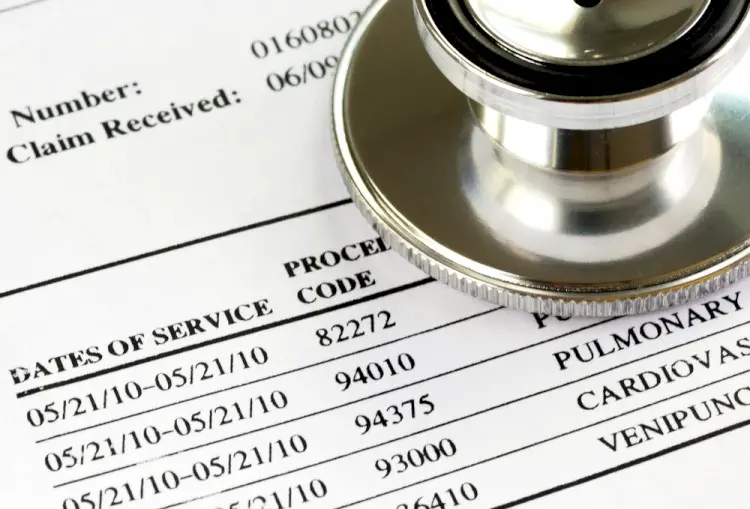
It seems that no matter what medical problem you have, there’s going to be a large bill attached to it. Even if you’ve got good insurance and pay your co-pay, there will also be little things (or big things) that get added on, whether they’re labs, x-rays, other radiology, physical therapy, nutrition consulting, and on and on. There are so many things that can burden you with medical debt that you can’t help but wonder: do medical bills affect your credit score?
You’re Not Alone
If you’re suffering from heavy medical debt, it’s important to know that you’re not alone. Medical debt is the number one reason in America why people are contacted by debt collectors. Being in medical debt is as common in the United States as almost any other kind of debt. One survey showed that 23 million Americans, which accounts for 1 in 10 adults, are in “significant medical debt”, and that nationwide Americans owe at least $195 billion in medical debt.
Medical Debt Collections: How Unpaid Medical Bills Affect Your Credit Score
Medical debt, if you pay your medical bills on time, does not affect your credit score in almost all cases, no matter how big your debt is. But if you miss a payment or several payments, and collection agencies get involved–that’s the key–then it will most certainly be reported to credit bureaus. Medical debt collection is a thriving business. They’re out to squeeze you for as much as they can get.
However, medical collections that are under $500, paid off, or less than a year old should no longer appear on your credit reports. This gives you a little time to work out a payment plan. You may also be able to get them to stop reporting the collection account and have it negatively impact your credit score.
How To Keep Your Medical Debt Off Your Credit Report
Dispute Your Medical Debt
The first thing you need to do when faced with large medical debt is to negotiate the medical debt down. Don’t be afraid of this stage–there is plenty of room to debate and to get better terms and items dropped from your bills. There are three steps:
- Call the provider to ask for the itemized bill with CPT codes
- Look up the CPT codes to find the amount Medicare will pay using an internet search or chatbot.
- Present your findings to your medical clinic or hospital and tell them that these are fair prices you are willing to pay.
In almost every instance, they will concede. They’re trained to push back, but the truth is that they can’t do anything about it. You are in the right.
These three steps are explained in detail in our article, The Best Way to Pay Medical Bills in 3 Steps. You may find more tips to further reduce your debts in How to Reduce Hospital and Medical Bills.
Avoid Using Credit Cards to Pay Medical Bills
Another important thing is to avoid paying your medical debt with a credit card. Credit card debt is always referred to credit bureaus, and even if you make monthly payments and stay in good standing with the credit card company, the debt will still show up.
Also, unlike credit card debt, medical debt gets removed from your credit report when you pay it off, instead of remaining for seven years.
Learn more in our article, Before You Put that Medical Bill on a Credit Card, Read This!
Stick to your Payment Schedule
Once you have a payment plan worked out with your provider or creditor, always make the monthly payments. By doing so, you’ll keep medical debt off of your credit report.
